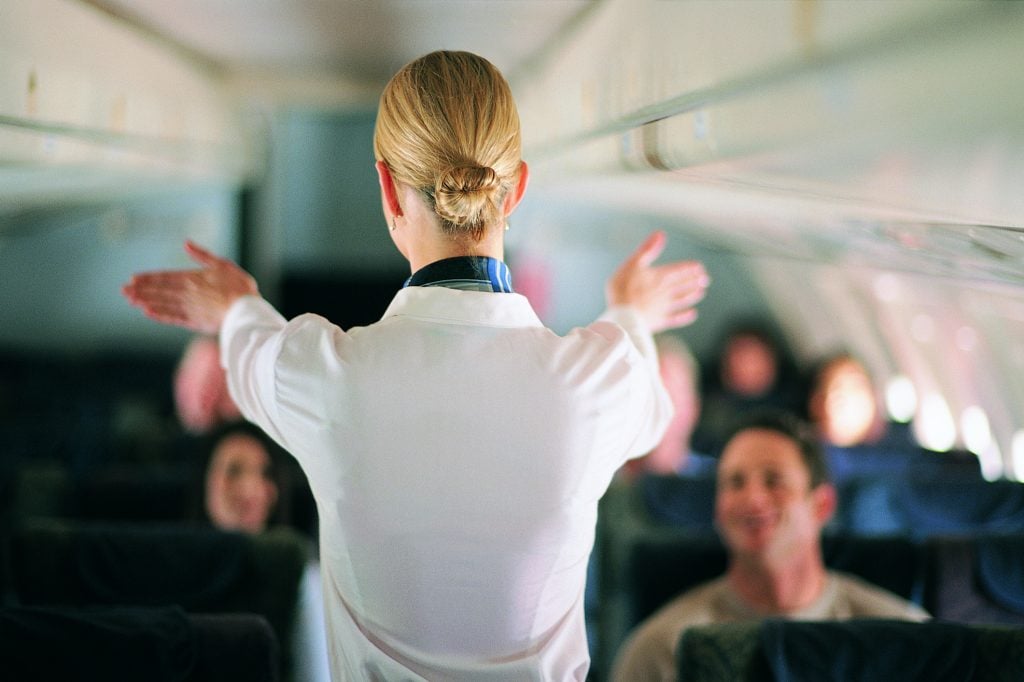You’ve found your seat, wrangled your carry‑on into the bin, and the plane still smells faintly of jet fuel and stress. Then it hits you: “Ugh, I need water.” Your hand shoots up. And somewhere in the cabin, a flight attendant’s soul gently leaves their body.
So what’s the request?
Asking for water right after you board is the surprisingly universal pet peeve. Crews say it happens constantly—sometimes to take a pill, sometimes because a reusable bottle wasn’t filled in the terminal—and it derails the one part of the flight when they’re racing through safety-critical tasks. Multiple outlets have called this out explicitly, with crews naming “water during boarding” as a top annoyance.

Why that timing makes crews grit their teeth
Boarding is a safety sprint, not snack time.
Before pushback, flight attendants are checking equipment, securing the galley, verifying belts and seatbacks, counting passengers, and handling special briefings—work that has to finish on a clock. The FAA spells out that attendants must be evenly distributed in the cabin during boarding and ready to respond, which is tough to do when they’re fetching one-off waters. There’s also formal guidance around keeping service items stowed while the aircraft is moving on the surface. Translation: Their priority is safety setup, not mini service runs.

There isn’t unlimited water onboard.
On short flights, in particular, potable water is provisioned to match service plans. Crews point out that filling personal bottles during boarding doesn’t scale—if they do it for one person, they’ll be doing it for 30. Better to wait for the beverage cart once you’re airborne.
Context matters during delays.
If you’re stuck in a tarmac delay, U.S. rules kick in: airlines must provide water and a snack by the two‑hour mark. That’s a legal obligation—but it’s tied to delayed timing, not normal, on‑time boarding.
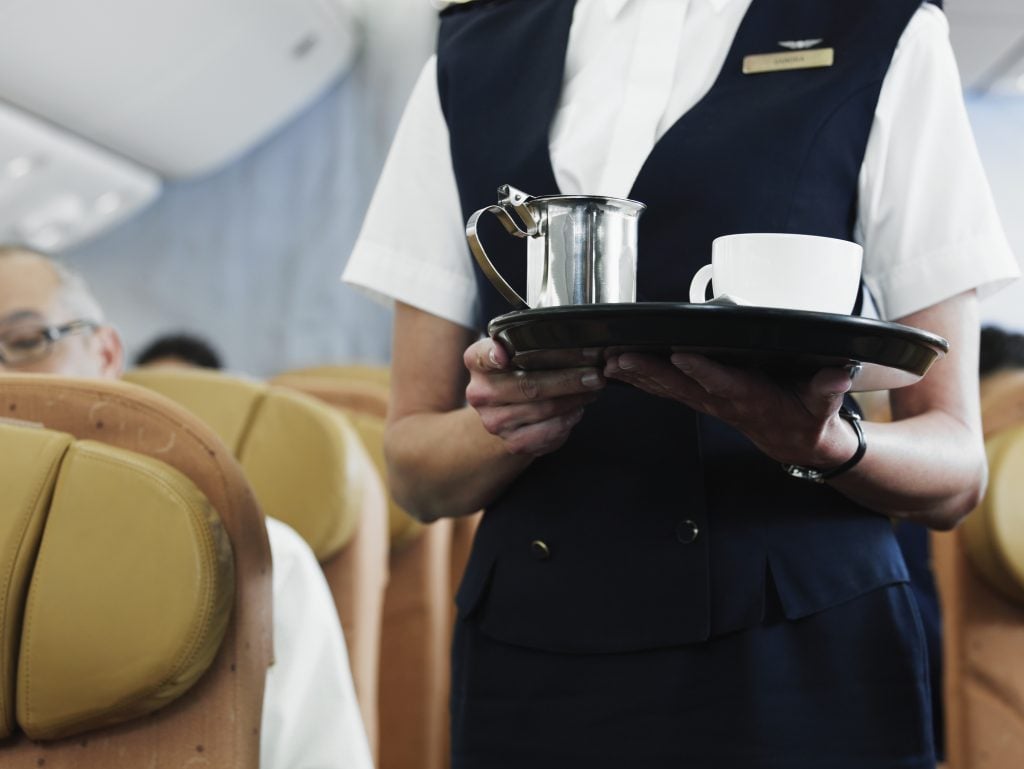
What if I need to take a medication—now.
If it’s truly time‑sensitive, the most crew‑friendly move is to quietly let an attendant know after you’ve sat down and stowed your bag—then give them a minute. Many will help once immediate checks are done. That said, attendants repeatedly ask passengers to plan ahead: fill a bottle after security or buy a small water at the gate specifically for meds.
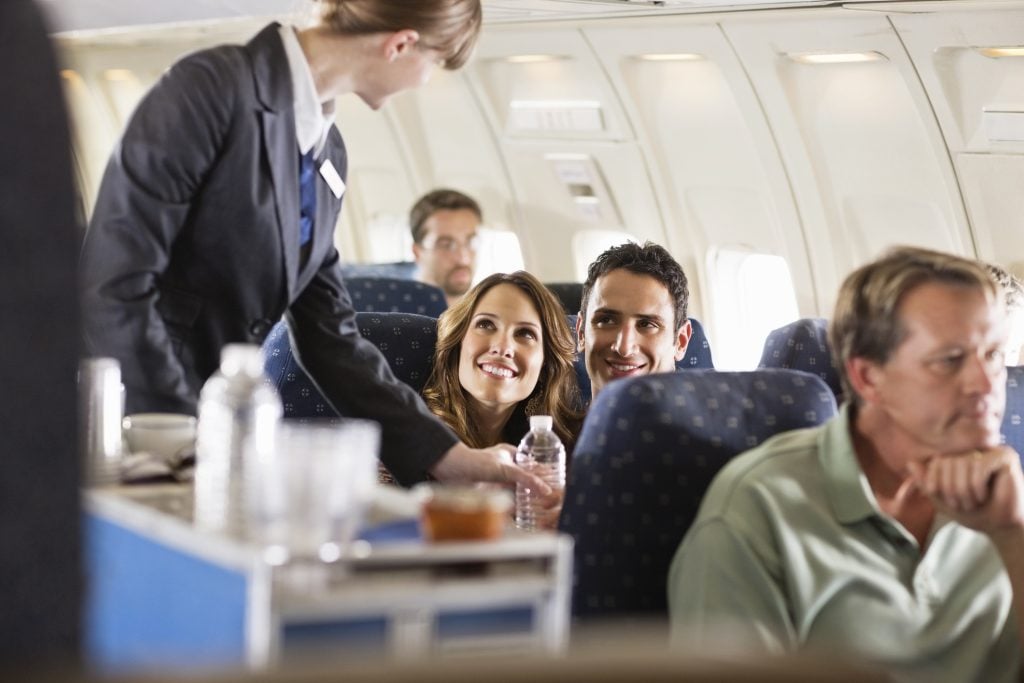
The other boarding time asks that they pile on
While we’re here, two more “tiny asks” that cause outsized chaos:
Seat‑swap sagas. Asking strangers (or pressuring crew to play musical chairs) during boarding slows everything and sparks conflict. Former and current attendants advise passengers to sit in the seat they booked; if a change is necessary, it should be addressed at the gate or after the crew is available—and passengers should never assume that someone else owes them their aisle or extra-legroom seat. Some crews also note they aren’t even “on the clock” until the door closes, which is part of why seat drama feels like unpaid project management.
“Just dashing to the lav.” During boarding and right as service begins, bathroom runs mess with aisle choreography. If you can, go in the terminal or wait until carts are parked.
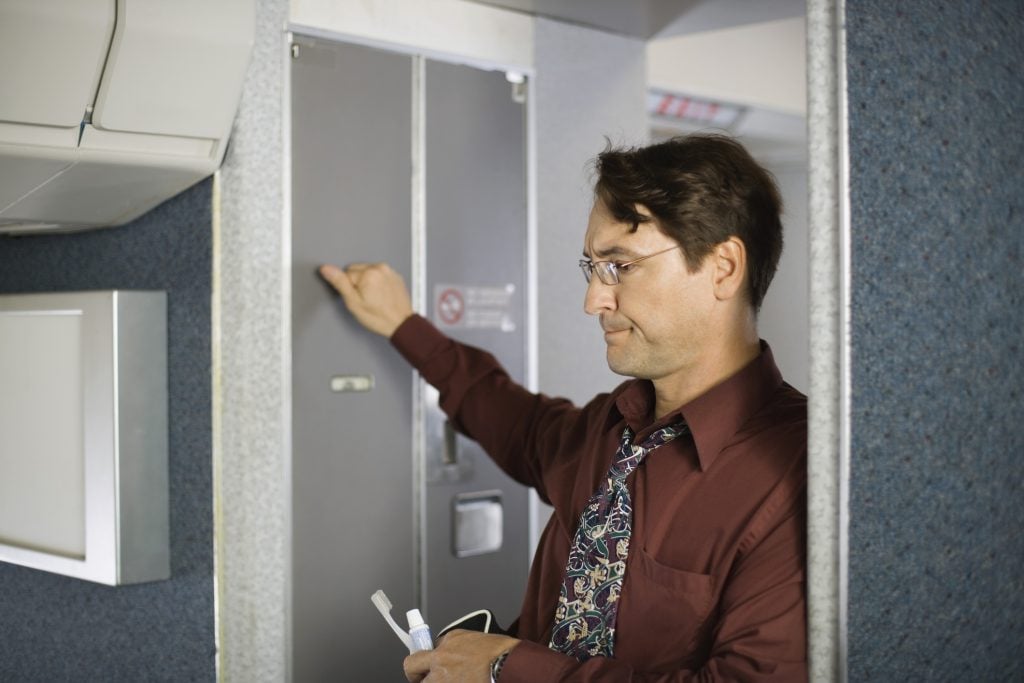
How to be the passenger crews secretly thank
Fill up after security. Most terminals have bottle‑fill stations. If you prefer to travel light, consider buying a small bottle of water specifically for takeoff and any medications you may need.
Time your asks. Once you’re seated and the initial safety flow calms (usually after pushback or at cruising altitude), ask away.
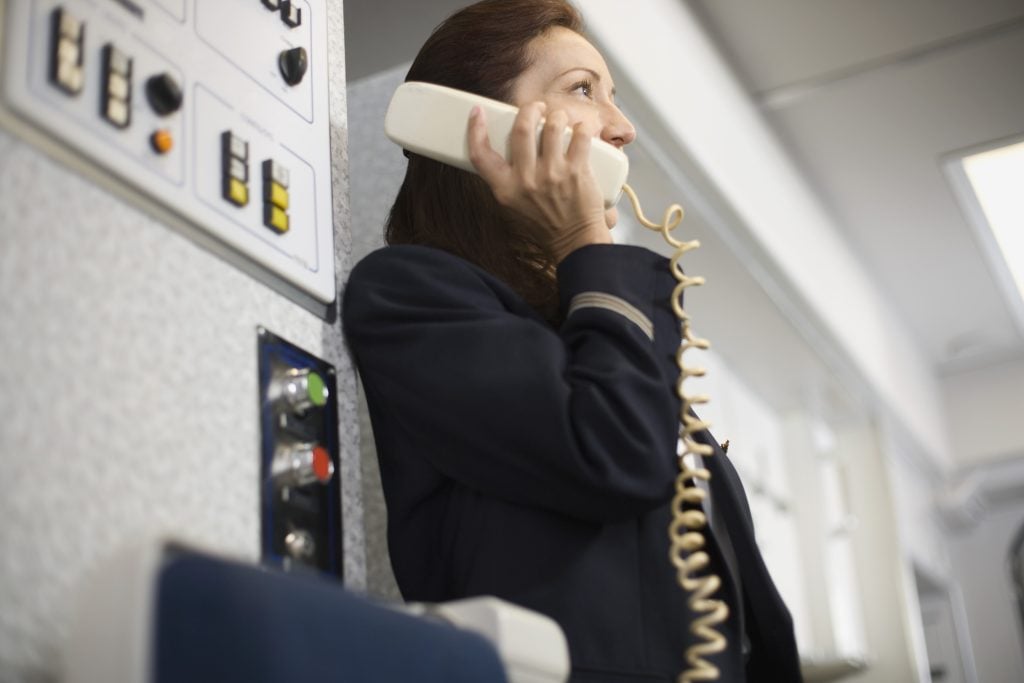
Handle seat needs early. Families or caregivers: Talk to the gate agent well before boarding. If you do ask a seatmate, offer an equal or better seat and be gracious if they decline. Etiquette experts suggest that providing a reason for your request can increase the likelihood of a favorable response.
Know your rights on delays. Two hours stuck? Water and a snack are owed under DOT rules. Politely remind—don’t demand.
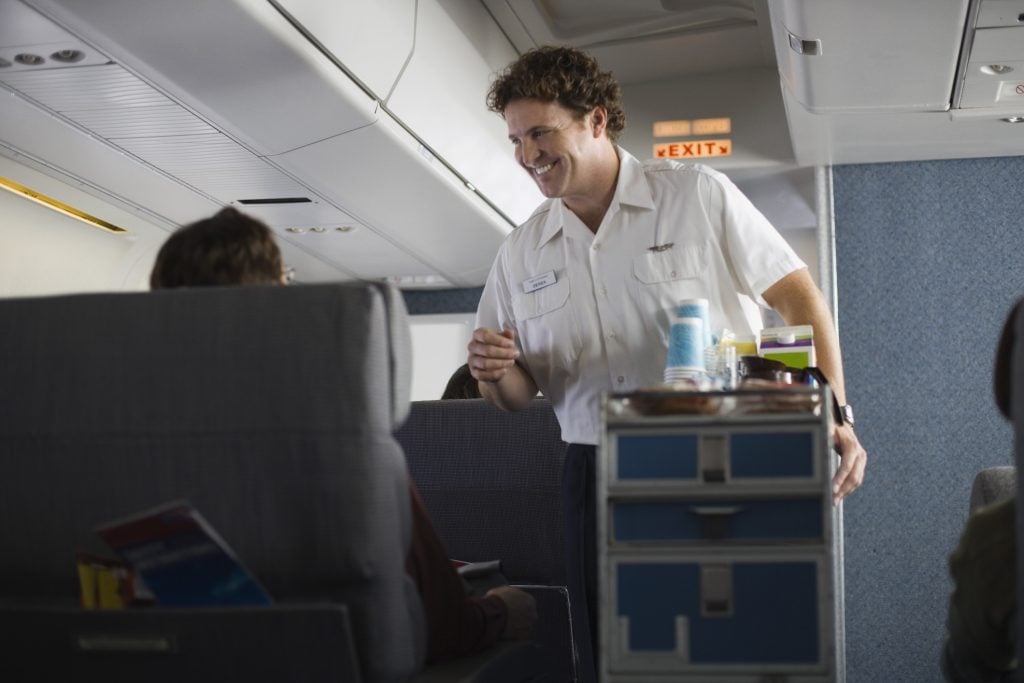
Why this all matters
Flight attendants are first responders at 36,000 feet; their training and pre‑departure routines exist to keep you safe. When boarding turns into a string of one‑off favours, it pulls attention from those duties and slows everyone down. Allow them ten calm minutes to get the cabin squared away, and you’ll usually get faster, friendlier service once it’s safe to do so.
